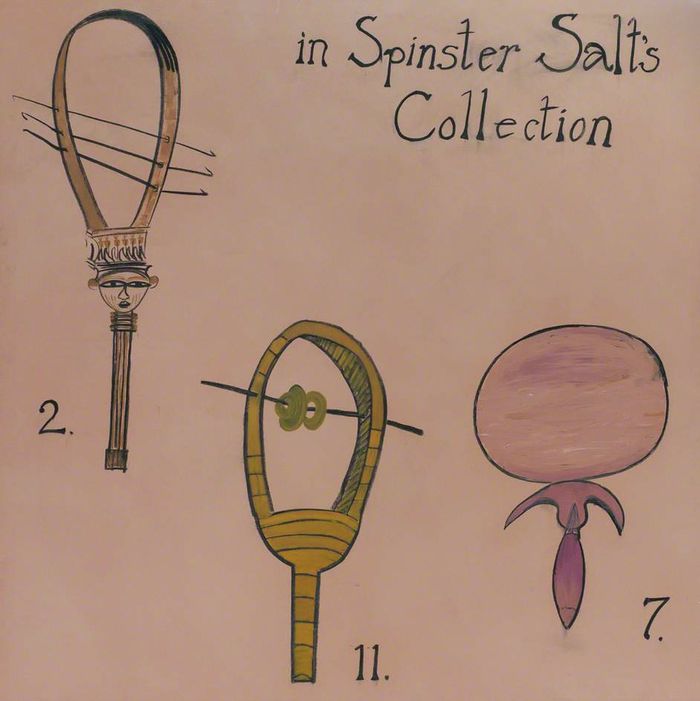Review: Scroope Cambridge Architecture Journal 29
Natcha Ruamsanitwong reviews the first open-access issue of Scroope: Cambridge Architecture Journal
Scroope: Cambridge Architecture Journal has a long history. Taking its name after the building in which the Department of Architecture is accommodated, Scroope Terrace, Scroope is an annual architectural journal by the Cambridge Department of Architecture, edited and managed by its graduate students. Since its inception in 1989, it has offered a platform for debates on architectural and urban practice, occupying a special place amid the flood of publications that pour from schools of architecture and various organisations.

The latest issue, Scroope 29, is themed around the search for ‘Manifesto’. Having been produced during the eventful year of 2020 – one dominated by, amongst other things, UCU strike action, Extinction Rebellion, Black Lives Matter, the continued protests in Hong Kong, Brexit, and the COVID-19 pandemic – Scroope 29 seeks to reflect the concerns of its time. At present, there are several questions that govern the architectural discipline. However, to quote the Editors-in-Chief Wesam Al Asali and Nadi Abusaada, many of these consider architects to be ‘merely a mediator between the problem and its solution.’ It is from this frustration – as well as the desire to represent architects as more than mere mediators – that the idea to rethink ‘manifesto’ was conceived. As a result of this, one will find that the exemplars of manifestos present in this issue are in many ways distinct from the classical form.
"Despite being produced in one, Scroope 29 is a proof that architecture schools do not just produce architects but people who aspire to change the world"
At the heart of the publication are nine articles and three visual contributions, covering a range of topics from architectural education and geo-political mappings to Circassian architecture and Scandinavian postmodernism. This diversity of subject matter shows that Scroope 29 reflects not only the interests of the people in the Department, but also those outside of it.
Underlying this issue is the question of the role of architects. As the Editors-in-Chief point out in their editorial statement, architects have long been separated into two worlds: the technical and the theoretical. The former builds structures and the latter builds arguments; as one veers towards the technical world of science and calculations, the other deals with architecture as a cultural and socio-political manifestation.

These two worlds collide in Scroope 29, which features contributions from scholars and practicing architects from all over the world. Each of the contributions considers the question of the architect’s role from a different, yet complementary, perspective.
For example, the article ‘Making Architects in Agile Studios’ by Liana Psarologaki argues that architecture is ‘more than vocational practice and business to accommodate building’, and that it should be taught and learnt as ‘climate intelligence and anthropological empathy in the built and natural environment’. Will Fu’s ‘A Modest Cabinet Documented’, on the other hand, discusses ways in which architects are being threatened by the speed of contemporary digital culture. Marilena Mela’s ‘Borrowing from Braudel’ tackles the question by looking back to the history of the 16th century design manifesto.
Despite being produced in one, Scroope 29 is a proof that architecture schools do not just produce architects but people who aspire to change the world. In addition to providing an important platform for discussions, this edition is completely open-access for the first time in the journal's history, establishing an important precedent. Scroope 29 questions not only the role of architects, but also the role of journals in facilitating architectural discourse.
To read Scroope 29: Manifesto, click here: https://www.arct.cam.ac.uk/aboutthedepartment/scroope-journal/current-issue
 Comment / Cambridge’s tourism risks commodifying students18 April 2025
Comment / Cambridge’s tourism risks commodifying students18 April 2025 News / Varsity ChatGPT survey17 April 2025
News / Varsity ChatGPT survey17 April 2025 News / Cambridge researchers build tool to predict cancer treatment success19 April 2025
News / Cambridge researchers build tool to predict cancer treatment success19 April 2025 News / Cambridge researchers find ‘strongest evidence yet’ of life on distant exoplanet18 April 2025
News / Cambridge researchers find ‘strongest evidence yet’ of life on distant exoplanet18 April 2025 News / Greenwich House occupiers miss deadline to respond to University legal action15 April 2025
News / Greenwich House occupiers miss deadline to respond to University legal action15 April 2025






